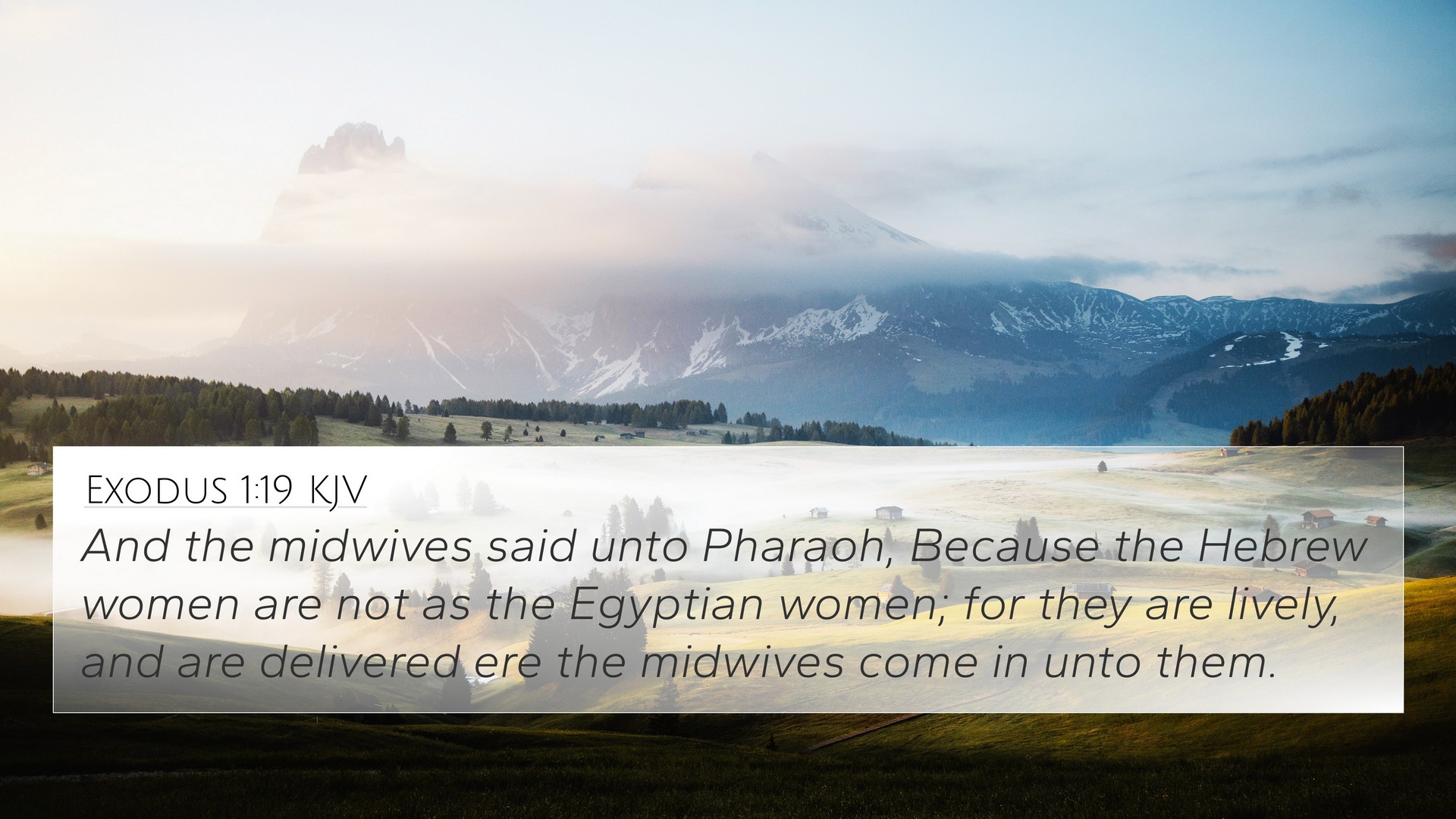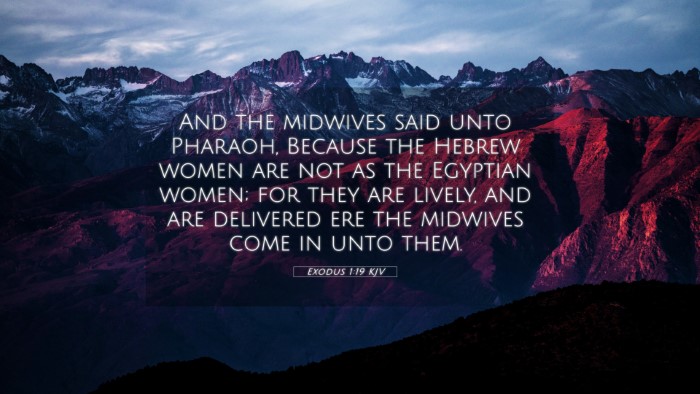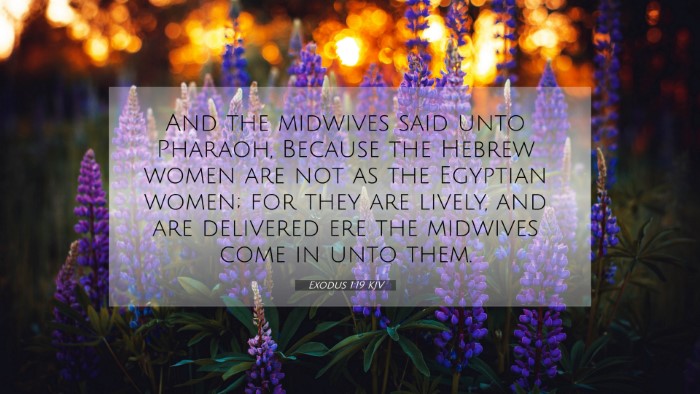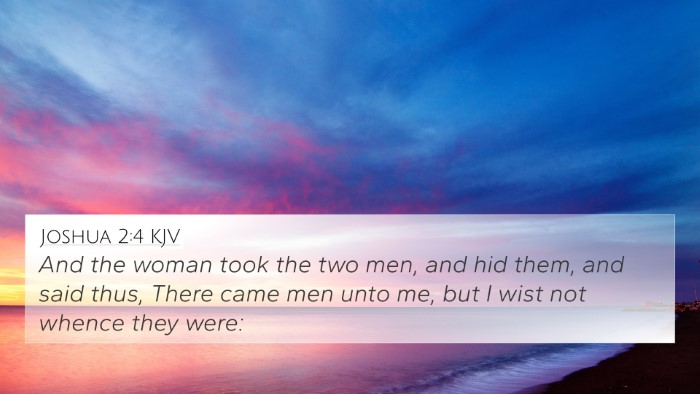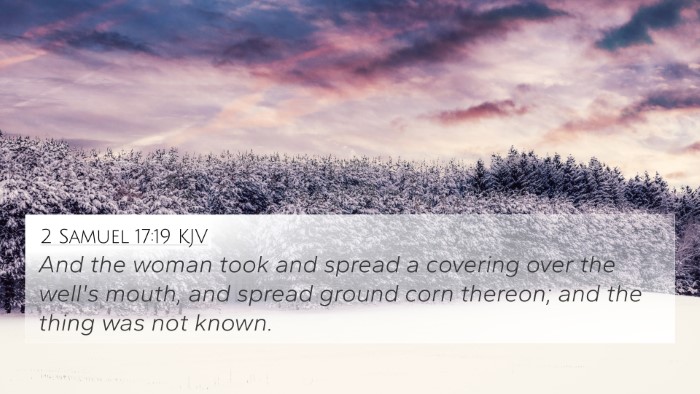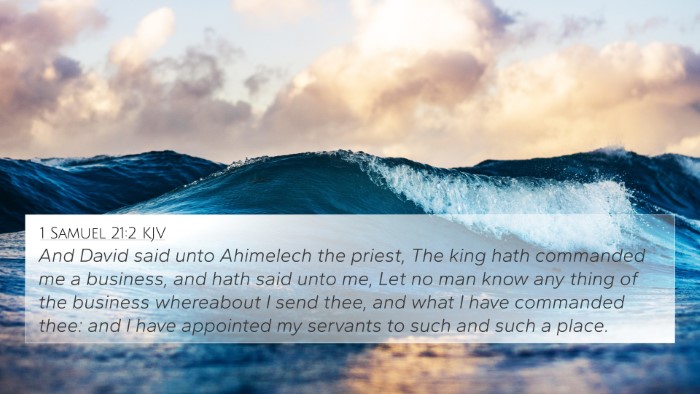Exodus 1:19 - Summary and Commentary
Exodus 1:19 states, "And the midwives said unto Pharaoh, Because the Hebrew women are not as the Egyptian women; for they are lively, and are delivered ere the midwives come in unto them."
This verse captures a crucial moment in the narrative of the Israelites' oppression in Egypt, highlighting the courage and cunning of the Hebrew midwives in the face of Pharaoh's decree.
Meaning and Interpretation
The response of the midwives reveals several layers of meaning which can be gleaned from public domain commentaries.
-
Refusal to Comply:
Matthew Henry comments on the midwives' integrity and valor in refusing Pharaoh's command to kill male infants. Their actions demonstrate a profound faithfulness to God's will over human authority, illustrating the theme of divine providence.
-
Cultural Differences:
Albert Barnes notes that the midwives attributed their success in delivering the Hebrew women to the inherent strength and vitality of these women, which was seen as a divine enablement and a contrasting value to that of the Egyptian women.
-
The Importance of Life:
Clarke emphasizes the midwives' cleverness in navigating a dangerous political situation. Their assertion that the Hebrew women give birth swiftly portrays the urgency and importance of life, spotlighting the moral imperative to protect it.
-
Intercession on Behalf of the Innocent:
The midwives act as intercessors for the vulnerable, reminiscent of pleasing sacrifices in the Biblical narrative, whereby they champion the cause of their people against the oppression of a tyrant.
-
God's Favor:
The midwives' fear of God led them to act in a manner that is rewarded by God, as noted by Henry. This theme reflects a broader biblical principle where those who act righteously in faith receive God's blessing.
Bible Verse Cross-References
This verse connects to various other passages which deepen its meaning and situational context. Here are some relevant cross-references:
- Acts 5:29 - "We ought to obey God rather than men."
- Exodus 2:1-10 - The story of Moses’ birth and preservation.
- Hebrews 11:23 - Faith of Moses’ parents in hiding him.
- Matthew 2:16 - Herod’s similar decree against male infants.
- Job 12:10 - Acknowledgment of God as the giver of life.
- Psalms 127:3 - Children are a heritage from the Lord.
- 1 Peter 2:13-14 - The call for submission to authority as long as it does not conflict with God’s orders.
Thematic Bible Verse Connections
The themes presented in Exodus 1:19 can be connected to broader biblical motifs, creating a rich inter-Biblical dialogue.
-
Divine Sovereignty:
This theme is echoed in Romans 8:28, where it affirms that God works all things together for good, echoing the protection of the Hebrew children even in dire circumstances.
-
Faith and Activism:
James 2:17 speaks to the necessity of works that accompany faith, reflecting the midwives' active faith in their resistance against injustice.
-
The Role of Women:
The significance of women in biblical narrative is parallel to the story of Deborah (Judges 4-5) who also exhibited leadership and divine purpose.
Conclusion
Exodus 1:19 serves as a powerful reminder of faithfulness in the face of adversity, emphasizing the biblical principles of life, divine favor, and the importance of obedience to God over transient human authority. Understanding this verse through the lenses of various commentaries yields deeper insight into its meaning within both the immediate context and the overarching narrative of the Bible.
